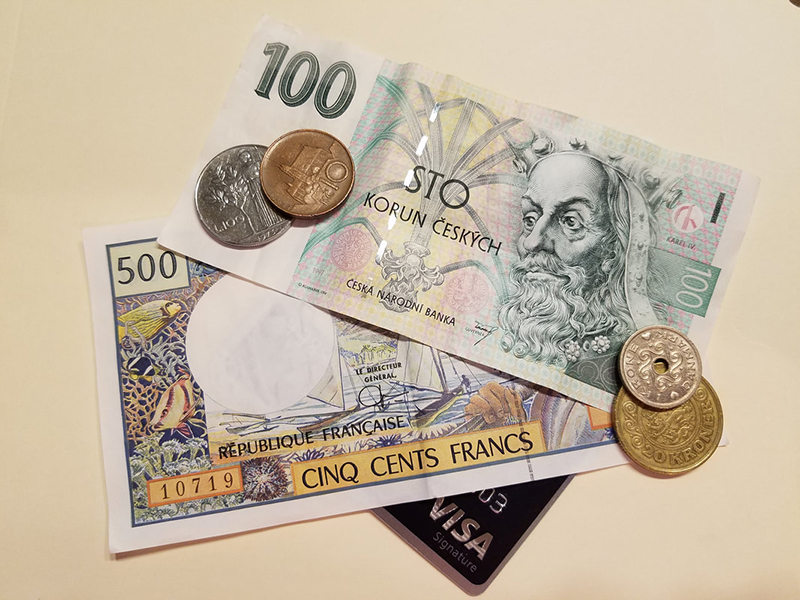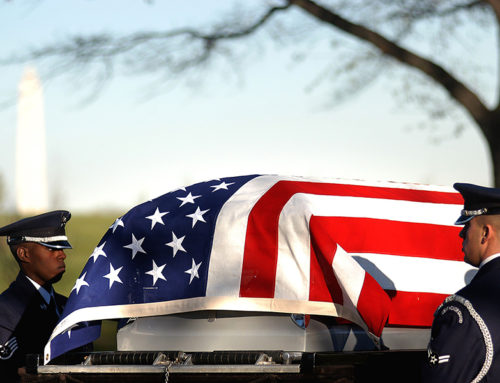By Laurie Marschall, Lakama Luxury Travel
Clients often ask how best to pay for items when traveling internationally.
My answer really depends on where one is traveling. In most cases, I suggest using a credit card as often as possible. Credit cards subject you to the least amount of risk (banks cut off fraudulent use very quickly), and you get the most favorable exchange rates.
I usually take two cards, in the event one is declined for some reason. One card is sufficient if you are traveling with someone who also has a card that can be used as your back up. Just make sure the cards have a large enough credit line to cover your big expenses (hotel, car rentals, etc.). Keep in mind some locations require a deposit that may eat into your credit availability.
Advise your bank or credit card company where you will be traveling; otherwise it is almost guaranteed that your card will be declined, especially after the first purchase. These days notification can be done online. Also, be sure to use cards without a foreign transaction fee. Those pesky fees add up quickly if you use your card often.
Another question that comes up quite often is the need for a PIN when using a credit card. Quite frankly, I have never needed a PIN for regular purchases. However I have heard of some locations requiring it. I request a PIN from my card company just in case.
Credit cards, though, are not perfect in all situations. When traveling to more remote areas or smaller towns that don’t attract as many tourists, shops (smaller shops especially) may not accept credit cards. In many towns, including big cities, payment with credit cards require a minimum purchase, so if you are wanting a few post cards or a bottle of water, you’ll either have to purchase more items or use cash. Credit cards are also the least best option to get local currency as they often come with higher fees and interest charges.
So what about debit cards and cash?
Debit cards are best used for cash withdrawals when you need local currency. Depending on what bank you take cash from, you may or may not have an ATM fee. Some US banks waive the fee, but in any event they are fairly low in comparison the what credit card companies charge. And you are getting the best exchange rates.
It is best, though, to limit transactions on debit cards as they have a higher risk. With cards being linked to your checking or savings accounts, funds could be taken out before you are even aware of fraudulent use. Some banks limit loss to $50 – however many do not. You could be on the hook for the entire amount stolen. Be sure to check with your bank. TIP: if you prefer to use a debit card, open a new account with limited funds – just enough to cover your anticipated cash needs. This way if you were subjected to fraudulent use, your primary checking or savings accounts can’t be accessed. Or use a prepaid credit card option (but be aware of fees on these cards).
On my last trip to Europe I wasn’t really surprised by the number of people using cash, especially at restaurants. Personally, though, I don’t believe in carrying much cash. I have enough to cover small purchases or local transportation. Cash is easily lost or stolen, and not recoverable, so best to limit.
I have always found it easier to get cash upon arrival at my destination. One can get cash ahead of time, but there are usually fees associated with getting funds in the US and the exchange rate is also less favorable. Exchange rates at airports are convenient but exchange rates are also not the best.
I’m not big either on traveler’s cheques. Although they can be replaced if lost, they are not easily exchanged for cash. I have found even banks hesitate to cash them for you. I stopped using them a long time ago.
In summary, in my opinion, you need these three options: credit, debit and cash, understanding that each has its pros and cons. I personally rely on credit cards as these are the most difficult to use fraudulently. I use a debit card once, maybe twice to get enough cash to cover the smaller expenses for the duration of the trip. Of course everyone has different needs, but I recommend $100-$150 to start off with. I keep cash and cards in a safe place (ie. with my passport in a safe) until needed.
Safe travels!




